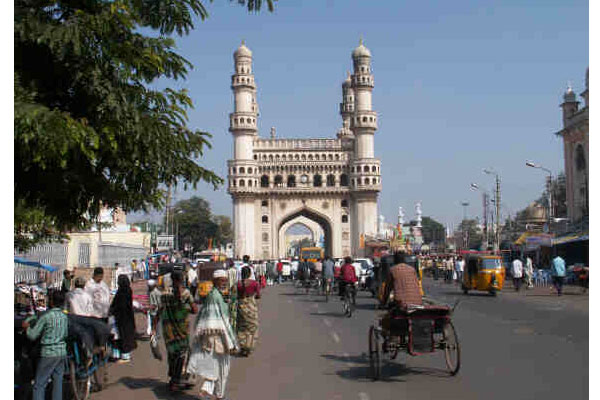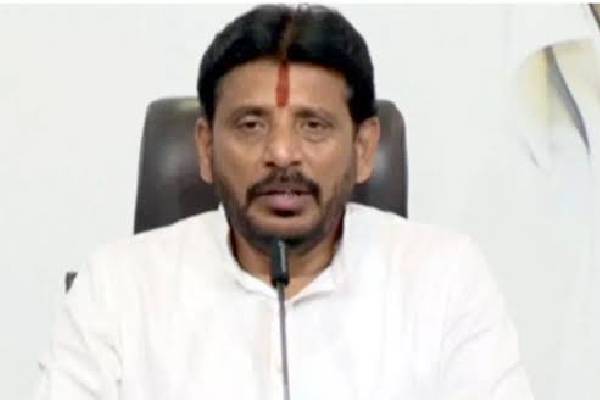The establishment of India’s first private sector missile manufacturing facility here is seen as another feather in the cap of the Telangana capital, which has emerged as a key hub of the aerospace and defence industry.
Industry leaders say the city has become the ground for implementing the Make in India initiative as several global giants have joined hands with the Indian players to set up manufacturing units.
Kalyani Rafael Advanced Systems (KRAS), a joint venture between Israel’s Rafael and Kalyani Strategic Systems, will produce the third generation Spike anti-tank guided missile (ATGM) for the Indian Army.
The state-of-the-art facility has come up under what is described as the biggest ever Foreign Direct Investment (FDI) in defence.
Spike joins a long list of aerospace and defence products being manufactured in Hyderabad, including the cabins of the helicopters that fly the US president and F-16 fighter jets.
According to Baba N. Kalyani, chairman, Kalyani Group, the initial orders for the Spike missiles from Indian Army will be in thousands and valued about $1 billion.
The facility is planned to be developed into missile house of India with Israeli defence firm also proposing to manufacture some other missiles.
KRAS chooses Hyderabad as it is considered as the missile centre of India with several public-sector defence labs and missile manufacturing facilities located here. “With centres like missile manufacturing and R&D centres Hyderabad becomes a natural eco-system for anyone who gets into this space,” Baba Kalyani explained.
KRAS is also looking at other products like aircraft-launched glide bombs and is scouting for a location to set up a second facility in Hyderabad.
Telangana Industry Minister K.T. Rama Rao believes KRAS will propel the defence electronic manufacturing eco-system in Hyderabad to the next level.
“Hyderabad has all the trappings to become the number one destination for defence and defence electronics,” he said referring to the presence of several defence research laboratories in the city, three aerospace parks and the industry-friendly policies of the state government.
Another major strength of Hyderabad is the presence of about 1,000 aerospace and defence related small and medium enterprises. “Some of the components of French nuclear submarines were procured from Hyderabad’s defence eco-system,” said Rama Rao.
The units set up by Tata Advanced Systems Limited (TASL) in partnership with global majors have already made Hyderabad a key player in the sector.
It signed an agreement with US defence giant Lockheed Martin in June to produce the F-16 Block 70 aircraft, the newest and most advanced version of the world’s most successful, combat-proven multi-role fighter.
TASL and Lockheed Martin already have a joint venture that manufactures airframe components for the C-130J Super Hercules military transport aircraft.
TASL also joined hands with Boeing, the world’s largest aerospace company, to manufacture aerostructures for AH-64 Apache attack helicopters and CH-47 Chinook heavy-life helicopters.
TASL, in a joint venture with Sikorsky, is manufacturing cabins for S-92 helicopters, in which the US president travels.
It is also making air-to-air refuelling pod structures for Cobham Mission Systems (CMS) for use on the Airbus A-400M, aerostructures for the Pilatus PC-12 ‘green aircraft’ of Swiss-based Pilatus Aircraft Ltd and assembling wings and fuselage of the Dornier 228 NG aircraft.
Pratt & Whitney, a leader in aircraft manufacturing, opened its third global centre, after the US and China, for training aircraft engineers and technicians near Hyderabad airport.
Earlier this year, European aerospace major Airbus signed a Memorandum of Understanding (MoU) with the Telangana government, the National Skill Development Corporation and Aerocampus France to set up an aerospace skill development centre in Hyderabad.
Little wonder then that it’s full speed ahead for Hyderabad in the defence manufacturing sector.



































